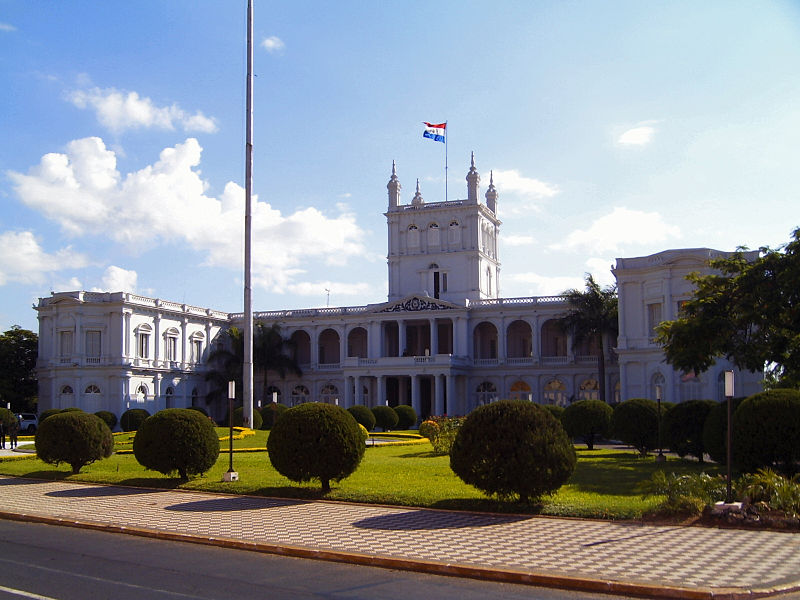
By Peter Tase
On February 10th, 2014, the President of National Commission of Telecommunications (CONATEL) Mr. Eduardo Gonzalez had a meeting with the Foreign Minister of Paraguay, Eladio Loizaga. In this occasion Mr. Gonzalez informed his counterpart in regards to Paraguay’s aspirations to become a member in the council of International Telecommunication Union (ITU), a specialized institution of United Nations dedicated to the administration of information technologies and communication.
At the same time, Mr. Rodriguez requested the help of the Ministry of Foreign Affairs to present the candidacy and the proposal of Paraguay to all of those countries that Asuncion has diplomatic relations.
According to President Rodriguez: “today Paraguay is a full member of the Council of International Telecommunication Union, and we are presenting again our candidacy in the major annual meeting that will take place in Korea, in October and November. For us it is very important to have the support of the Foreign Ministry so that we could become part of the Council of the International Telecommunication Union.”
For Paraguay is very important to have a voice and the right to vote in this multilateral organization, since this is the international body where the legislation and standardization of radio frequencies and innovation in information technology takes place. Minister Loizaga reiterated his full support for this initiative. He has also developed a series of executive orders sent to Paraguay’s embassies abroad, so that they could contribute towards Paraguay’s membership in the International Telecommunication Union. In early March, Minister Loizaga, visited Geneva to meet with ambassadors of many countries in order to present Paraguay’s candidacy.
One of these challenges is the differentiated treatment that landlocked countries receive, due to their geographic position. They are not only without direct access to the ocean but also the phone and internet access in land locked countries such as Paraguay is very expensive due to the trajectory of optic fibers that run through Argentina and Brazil, its neighboring countries, which charge Asuncion a certain fee for letting its optic fibers runs through their territories.
According to its official website, “ITU was founded in Paris in 1865 as the International Telegraph Union. It took its present name in 1932, and in 1947 became a specialized agency of the United Nations. Although its first area of expertise was the telegraph, the work of ITU now covers the whole ICT sector, from digital broadcasting to the Internet, and from mobile technologies to 3D TV. An organization of public-private partnership since its inception, ITU currently has a membership of 193 countries and some 700 private-sector entities. ITU is headquartered in Geneva, Switzerland, and has twelve regional offices around the world.”




